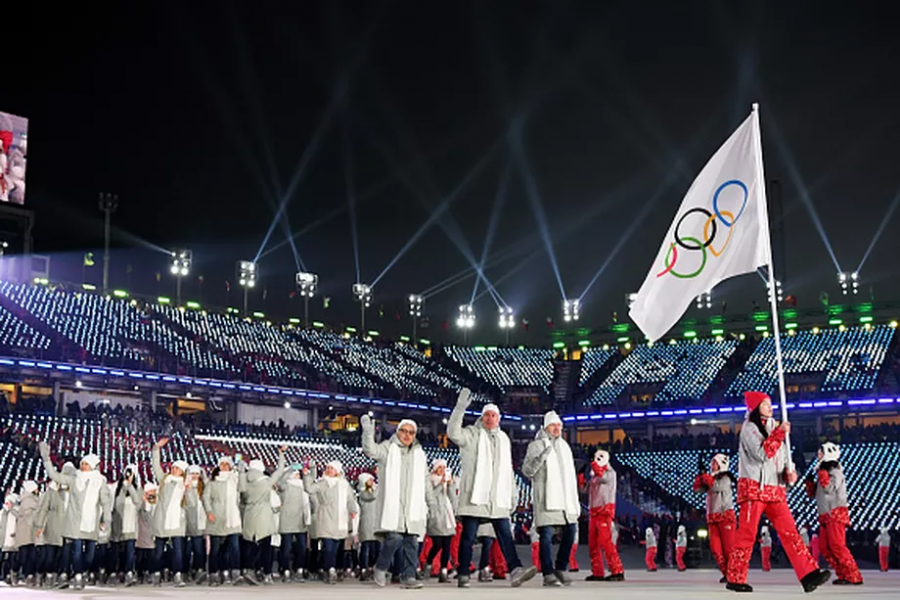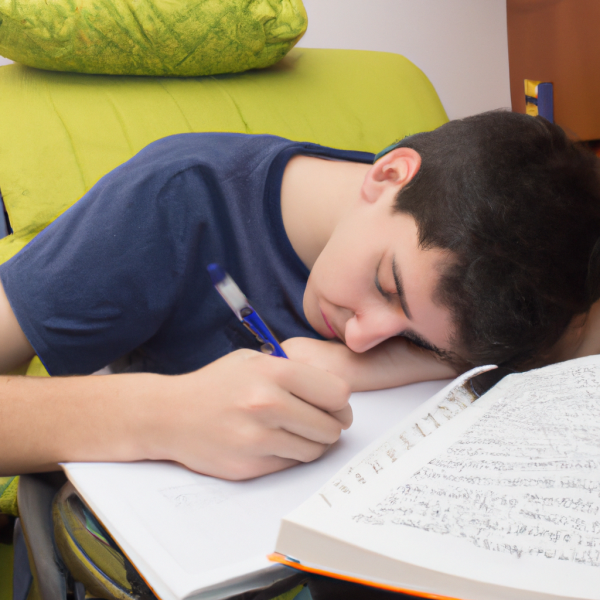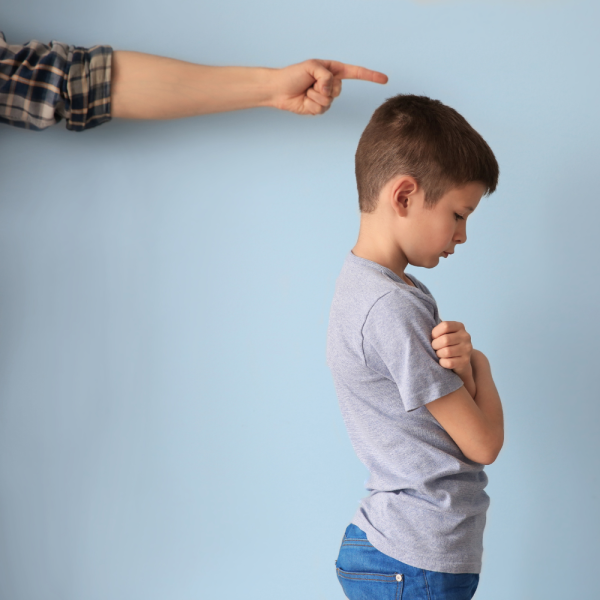The Russian Doping Scandal
The 2018 Winter Olympic Games: a grandeur display of the world’s greatest athletes, each competing in the name of his or her own country. With competitors from all around the globe participating in PyeongChang 2018, the possibility of bringing honor and respect to one’s country has never been higher. Various other nations are also making their Winter Olympic Games debut: Ecuador, Eritrea, Kosovo, Malaysia, Nigeria, and Singapore. However, the country that is most well known for their Winter Olympic Games successes, with around 113 Winter Olympic medals, is being denied the opportunity to compete in PyeongChang 2018.
Russia has officially been banned from competing at the 2018 Winter Olympic Games due to multiple cases of the Russian government doping their Olympic athletes. The administration of these drugs has enabled Russia to the cheat at the 2014 Sochi Winter Olympics and the 2016 Rio Olympics. The International Olympic Committee has granted 169 Russian athletes the ability to compete at PyeongChang 2018; however, the committee is not permitting the Russian athletes to compete for the country of Russia in any way. These athletes must compete under the title of “OAR” or Olympic Athletes from Russia, and can not represent Russia’s colors in any way on their uniforms. Along with the dab uniforms, the OAR is not allowed to earn any official,Olympic medals for Russia, meaning that Russia will not have any historic record of earning any medals for the 2018 Winter Olympics. Additionally, if (or when) an athlete from Russia wins a medal, the Olympic theme song will play as they stand on the podium, instead of the Russian National Anthem.
Though there are mixed opinions on the timing of this ban, the majority of Olympic athletes and organizations view the ban in a negative light. Dick Pound, the president of the WADA, or World Anti-Doping Agency, explains, “The IOC has not only failed to protect clean athletes but has made it possible for cheating athletes to prevail against the clean athletes.” Many other athletes and activists share similar viewpoints on the whole ban, the majority of competitors agreeing that the whole situation is “ridiculous.”





